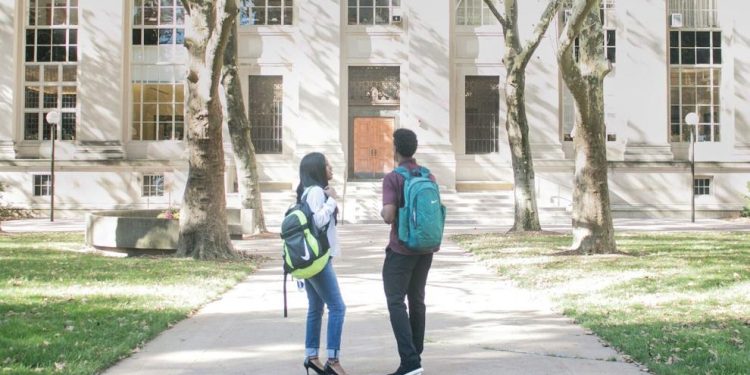By Casey Harper | The Center Square
(The Center Square) – Congressional Republicans are pushing new legislation this week in the House and Senate to force the Biden administration to fix the FAFSA process after ongoing criticism from both parties.
About 17 million students apply for federal financial aid each year through FAFSA forms, according to lawmakers. Recently, however, access to and processing of those forms has been significantly delayed, putting students and their families in a bind as they apply for schools and make tough financial decisions.
The Biden administration has taken fire from both sides of the aisle for months for its tardiness on the FAFSA applications, even as it has tried several times to forgive student debt.
“In April, DeptEd announced that roughly 30% of FAFSA forms had processing or data errors and were not reprocessed until after May 1, the deadline for many students to choose their college,” the Republican-led House Committee on Education and Workforce said in a statement. “This prevented colleges from creating financial aid offers, forcing students and families to make this life-changing decision with zero information about their eligibility for financial aid.”
Senator Bill Cassidy, R-La., ranking member of the Senate Health, Education, Labor, and Pensions Committee, and Rep. Erin Houchin, R-Ind., are putting forward companion bills in their respective chambers.
The House version is expected to receive a committee markup on Wednesday. The legislation in question would require that FAFSA forms are available for students to access by Oct. 1
The issue has garnered bipartisan concern in recent months. Senate Democrats sent a letter to U.S. Education Secretary Miguel Cardona in February raising similar concerns and questions about the FAFSA delays.
Congress passed the FAFSA Simplification Act in 2020 to streamline the process for deciding who and how much aid is awarded, and how those applications are processed. So far, the Department of Education seems to have only slowed, not streamlined.
“Implementation of these changes was a significant undertaking, one that the Department has had to do with less funding than it anticipated would be needed to complete the job correctly and on time,” the Democrats’ letter to Cardona said. “The Department released the new FAFSA form to the public, incrementally, beginning December 30th, 2023, nearly three months later than usual.”
The Democrats said they are glad the updates have allowed more students to access funds but said they were “disappointed” with delays and want answers on how those delays will be addressed.
“Any delays in financial aid processing will most impact the students that need aid most, including many students of color, students from mixed status families, students from rural backgrounds, students experiencing homelessness or in foster care, first-generation students, and students from underserved communities,” the letter said. “For institutions to support students’ ability to make informed decisions about their future, they need clear guidance and resources from the Department immediately on any and all next steps.”
The Republicans’ legislation claims to address those issues, but whether it can get support and passage in an election year remains to be seen.
“Timely access to the Free Application for Federal Student Aid is essential for making higher education accessible and affordable. The current flexibility in the FAFSA release date creates unnecessary obstacles and allows the Department of Education to string families along,” Houchin said in a statement. “The FAFSA Deadline Act will hold the DeptEd to a clear release date of October 1, providing additional time and certainty for families as they prepare for their children’s futures. If the Department is truly on track, as it claims, this bill will formalize its intention and ensure that students receive the support and financial information they need in a timely manner.”




